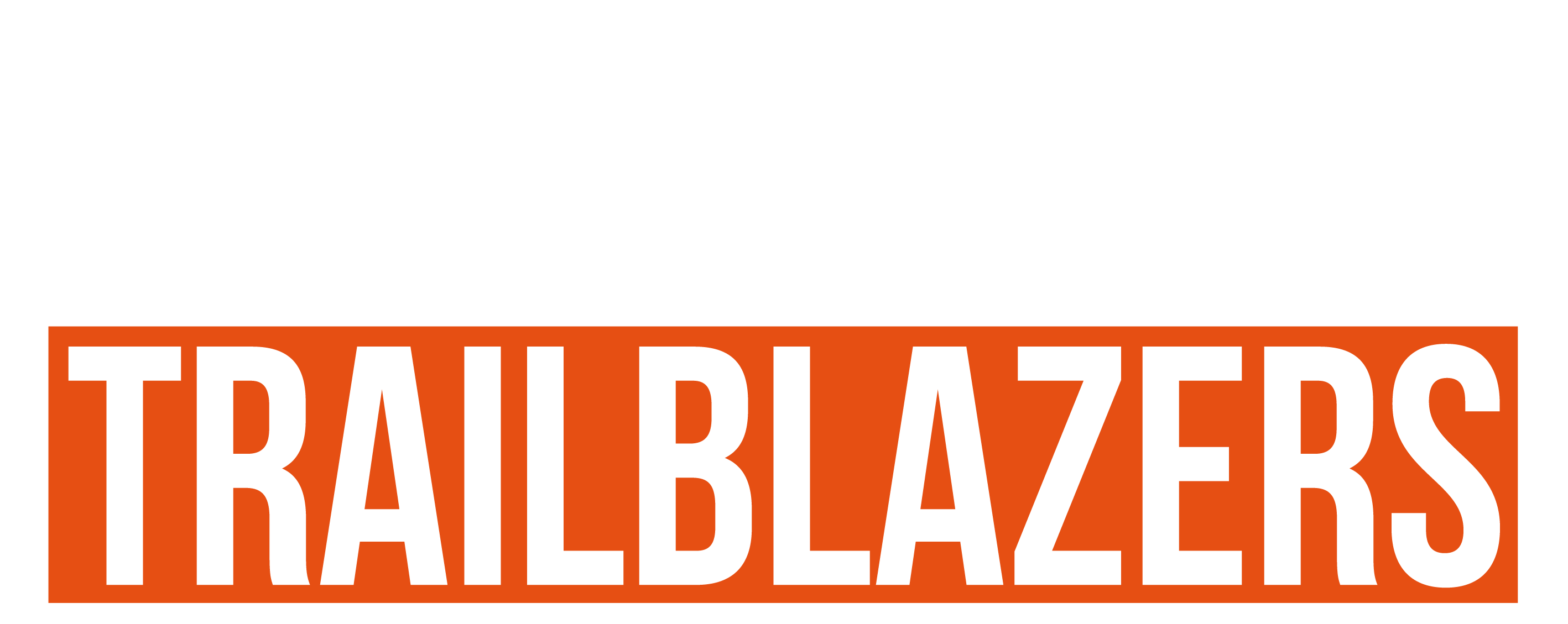
In this episode, Marcus Edwardes speaks with Stephanie Benesh, Practice Leader for Talent Effectiveness at Recruiter.com.
Drawing on 20 years of leadership experience, Stephanie partners with organizations to create custom leadership programs and coaching solutions. She also leads the talent insight center where she partners with recruiters and clients to hire and develop top talent. She maintains certifications in multiple behavioral assessment programs.
Listen in as Stephanie describes the missed opportunities that arise as a result of the traditionally interrogative approach to the candidate interview process, and how to move beyond this approach and conduct more productive interviews.
She also gives her thoughts on the adage: “Hire for attitude; train for skills.”, why she doesn’t believe that hiring based on chemistry alone will not get the job done, and how to be less subjective and more definitive as an interviewer.
Stephanie then explains why hiring an “up-and-comer” for their potential can be beneficial, as well as how to give candidates a taste of your company culture even through Zoom.
Finally, Stephanie speaks on using behavioral assessments to determine, scientifically, whether or not a candidate has what it takes to be successful in your company.
What You’ll Learn in This Episode:
● [01:58] Stephanie’s take on the traditional, interrogative interview process
● [06:18] Going beyond the resumé and the technical skillset as an interviewer
● [10:52] Creating a great candidate experience and hiring experience
● [16:37] The limitations of hiring based on “likeability”
● [22:09] Reducing subjectivity in the interview and making the process more definitive
● [24:32] Whether we should ever hire for potential or always stick to those with experience
● [26:49] Coaching hiring managers to personalize the interview process
● [32:25] Showcasing company culture via Zoom
● [37:55] The benefits of using behavioral assessments in the interview process
Key quotes:
● “Humanizing the interview process is really important—maintaining a connectedness, whether it’s with the recruiter and the candidate or the candidate and the hiring manager of the organization. People need to feel connected. When we enter that space with that interrogative process, we really lose a lot of what we could learn from an individual.”
● “What gets them in the door is not what’s going to keep them in the seat.”
● “If we can focus on the needs of the role and not the needs of me, I think that we can get there and have that nice balance of subjectivity and objectivity.”
● “Historically, we’ve often listened for what the candidate doesn’t have. We should be listening for: ‘What do they have?’ What are the strengths that they can bring to the table, that we may not have at the time, or that we have but we can use more of?”

Recent Comments